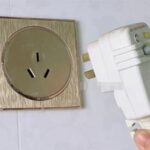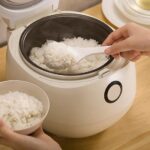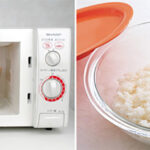Microwave ovens have become an indispensable appliance in many households, primarily used for heating food and beverages using microwave radiation. Some meals can be cooked from start to finish in the microwave, saving time and effort in the kitchen.
Despite their prevalence, not everyone knows how to use a microwave oven properly. A common question that arises is whether to unplug the microwave after use or leave it plugged in.
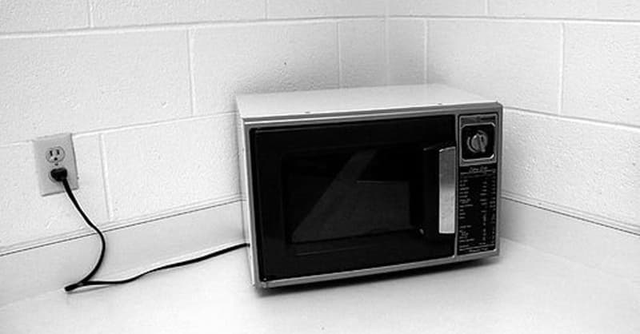
Should you unplug your microwave when not in use? (Illustration)
Expert Advice
In reality, experts generally recommend unplugging all electrical appliances, including kitchen appliances and entertainment devices, when they are not in use. This practice aims to conserve energy and reduce the risk of dangerous electrical faults, especially when no one is home.
The same goes for microwave ovens. According to the Appliance Doctors website, unplugging your microwave can save you around $10 per year. While this may not seem like a significant amount, it can help reduce your electricity bill. Additionally, unplugging the appliance reduces carbon emissions and helps lower the overall temperature of your home or kitchen.
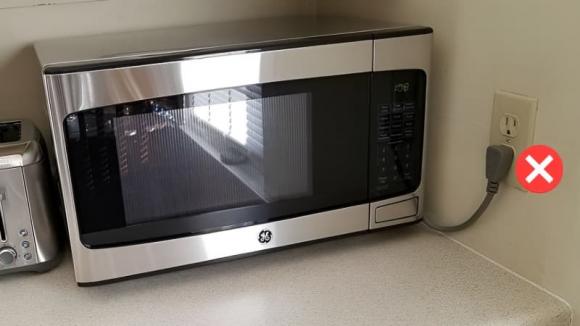
Illustration
Another benefit of unplugging your microwave, as pointed out by experts, is that it gives the appliance a chance to rest and ensures its longevity. All appliances have a finite lifespan, and constantly keeping them plugged in means they are always in a state of readiness or operation. By unplugging your microwave, you are essentially giving it a well-deserved break.
Experts also emphasize the importance of closing the microwave door after use. Leaving the door open can waste energy and shorten the appliance’s lifespan. Unplugging the microwave completely helps prevent this issue.
Therefore, it is advisable to develop the habit of unplugging your microwave after each use. The recommended procedure is to wait a few minutes after the last use to allow the appliance to cool down, and then unplug it.
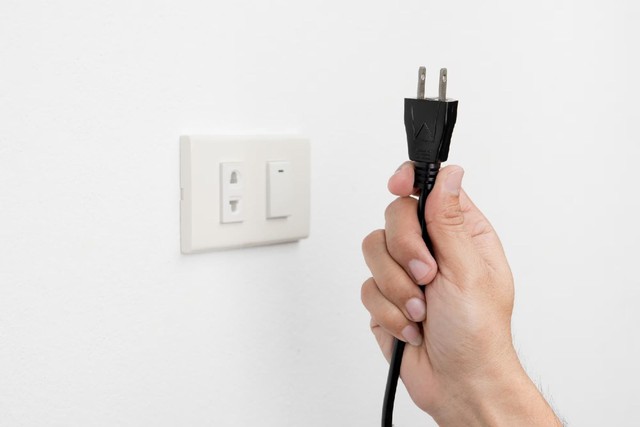
Illustration
Additional Tips for Microwave Use
In addition to unplugging your microwave when not in use, consider the following tips for more efficient, safe, and prolonged use of your appliance.
1. Avoid Continuous Heating
Microwaves are often used continuously, especially in offices or companies during lunch breaks. This can lead to overloading the appliance, and the smells from one meal can affect the taste of another. It is best to allow the microwave to rest for about a minute before heating the next meal. When heating food in the microwave, it is advisable to cover the container instead of leaving it open.
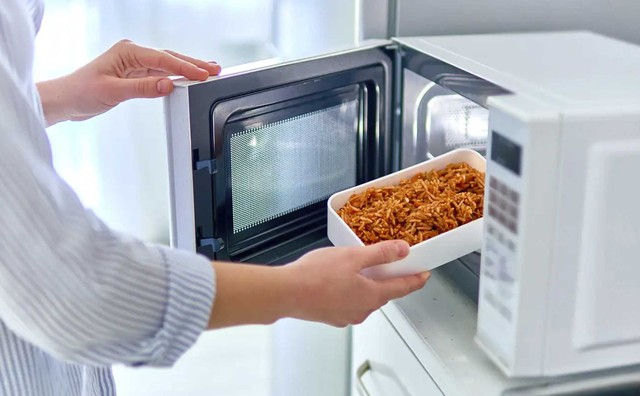
Illustration
2. Avoid Single-Use Plastic and Foam Containers
Foam containers should never be used in the microwave. For plastic or nylon containers, carefully check the manufacturer’s instructions or symbols on the packaging. Using unsuitable materials in the microwave can cause the release of toxic substances, affecting both food and human health.
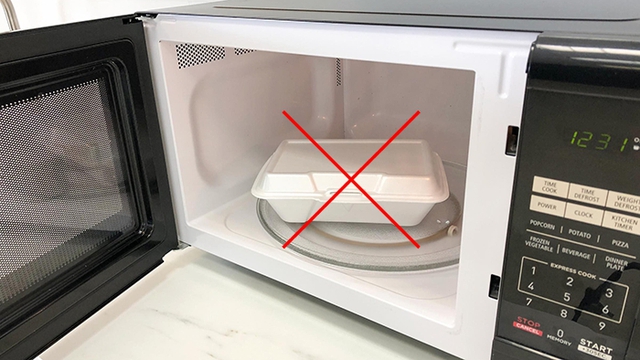
Illustration
3. Unwrap Frozen Foods Before Defrosting
Microwaves can be used not only for heating but also for defrosting frozen foods. However, it is important to remove the food from its packaging first. Experts warn that failing to do so can cause chemicals from the plastic or foam packaging to contaminate the food.
4. Use the Microwave for Its Intended Purpose
While microwaves are great for heating food, some people may be tempted to use them for drying kitchen items like gloves, towels, or aprons. This is not recommended as it can be dangerous and may lead to explosions.
5. Regularly Clean Your Microwave
Finally, establish a regular cleaning routine for your microwave, ideally once every one to two weeks, depending on how often you use it. Allowing grease and grime to build up can reduce the appliance’s efficiency and increase the risk of bacterial growth, which could potentially contaminate your food.
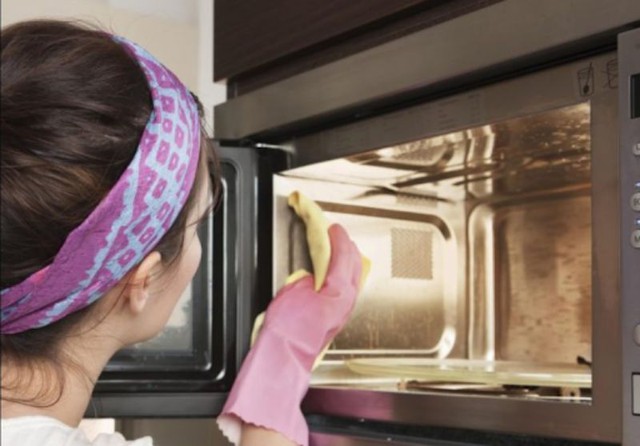
Illustration
Source: Nguoiduatin
























